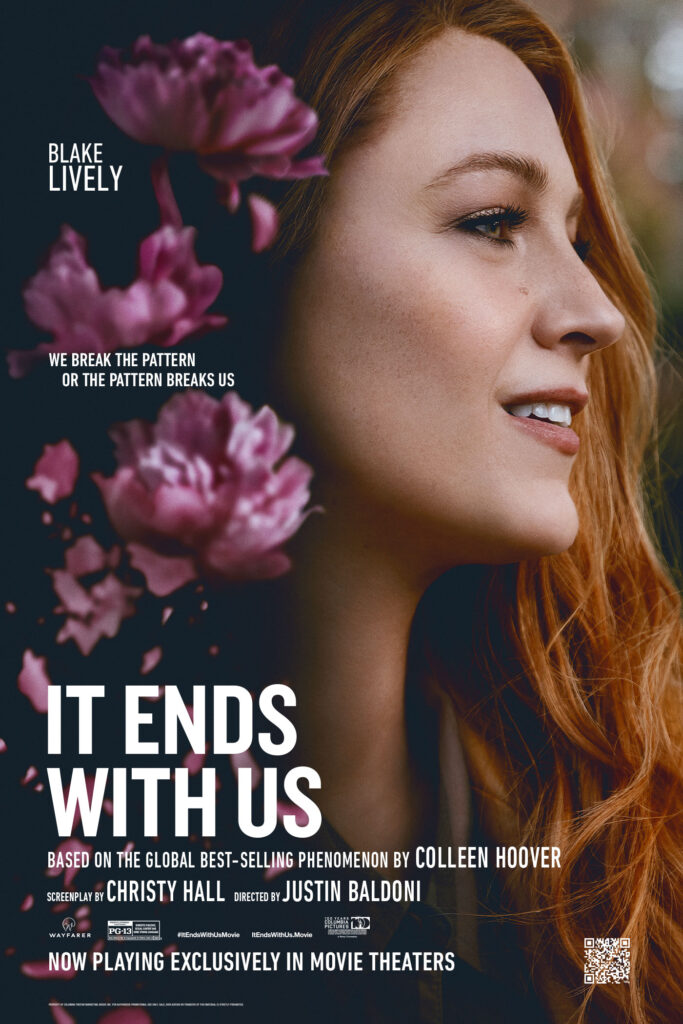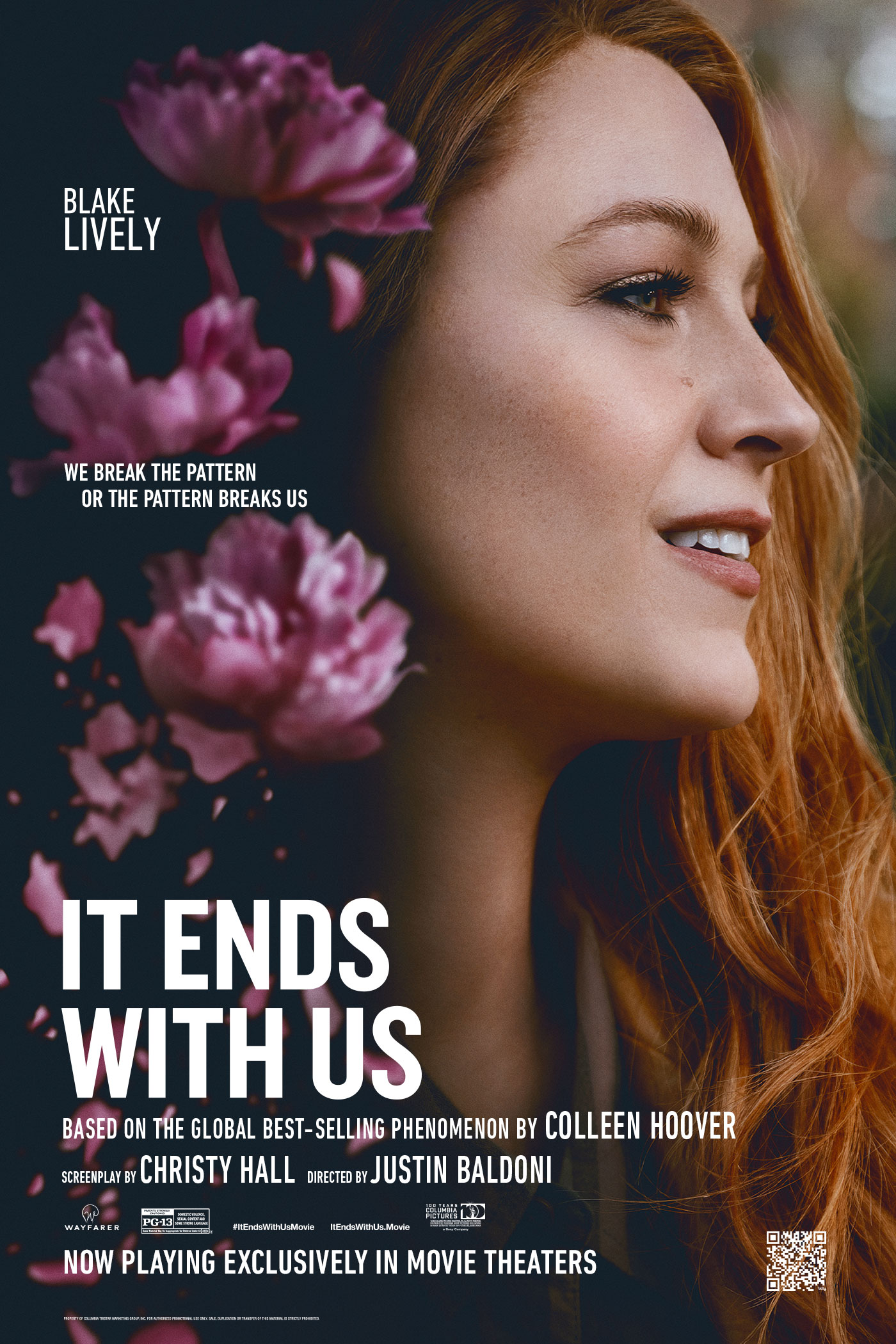By CRYSTAL HOOTEN
Guest Columnist
I never thought I’d be sharing my story, but after watching the film adaptation of “It Ends with Us” starring Blake Lively and reading Colleen Hoover’s book, I felt compelled to open up about my own experience with domestic violence. The story resonated deeply with me, reflecting the complex emotions and challenges I faced in my own abusive relationship. It inspired me to share my journey from victim to survivor, hoping to offer support and hope to others who might be in similar situations.
When I first encountered Lily Bloom’s story, I was immediately drawn in. The book and film captured the complex dynamics of abusive relationships with heart-wrenching accuracy. I found myself empathizing with Lily’s internal struggle, her wishful thinking that things might improve and that her partner might change. It reminded me of my own experiences, how love can cloud judgment and make it difficult to see the truth of a situation.
Growing up, I saw behaviors that I thought were normal in relationships, never realizing how unhealthy they truly were. For years, I questioned myself, wondering if my behavior was somehow triggering the abuse. I made excuses, thinking, “If only I hadn’t said that” or “If only I had done this differently.” But nothing I did justified the violence.
The turning point in my own life came after a particularly brutal attack. My ex-husband had punched me so hard that both of my eyes turned black. I remember standing in front of the mirror, staring at what I had become. My first thought wasn’t about the pain or fear—it was about how I would conceal the bruises with makeup. That’s when I realized how dangerously normal this violence had become in our relationship.
With a heavy heart and trembling hands, I packed my belongings. Leaving behind our three-bedroom house in our gated community, I sat in my car, waiting for the gate to open. At that moment, I almost turned back. The fear of the unknown was paralyzing. But I knew that if I stayed, nothing would change. He would never realize that hurting me was not okay.
The years following weren’t easy. I lost the security I once had, and it took me time to rebuild my life. But six years later, something wonderful happened. I met someone who makes me laugh, who loves me without hurting me. Now, after 12 years together, we’re still navigating life hand in hand.
My journey taught me that domestic violence often blurs the line between love and pain. It’s easy to think, “This could never happen to me,” or “My story isn’t like theirs.” But the reality is that domestic violence is more common than many realize. Statistics show that 1 in 4 women and 1 in 9 men experience severe intimate partner physical violence. It’s most common among women aged 18 to 24 and 25 to 34.
On average, nearly 20 people per minute are physically abused by an intimate partner in the US.
I understand the rationalizations that keep people in abusive relationships. “That’s different than my situation.” “He loves me more, and when he hits me, it was an accident.” “He doesn’t do it all the time, only when I make him mad.” I’ve been there. But I learned that love should never hurt, and nothing justifies being hit or verbally attacked.
If you’re in a violent relationship, please know that there is help available. The National Domestic Violence Hotline (1-800-799-7233) provides support and guidance. You can also text “START” to 88788 or visit thehotline.org.
Remember, you are stronger than you think, and you deserve a love that builds you up and never tears you down. If you make a change, it will get better. I know the pain you must feel from loving someone so much, but sometimes people come into our lives temporarily. They come just for a season. When that season is over, you will walk out stronger than you thought and wiser for the future.
By sharing my story and connecting it to “It Ends with Us,” I hope to shed light on the realities of domestic violence and offer support to those who might be struggling. Awareness and education can pave the way for a safer environment. If my story resonates with you, know that change is possible, and there is hope for a better future. It may end with us, but it can also begin with us—a new chapter of safety, respect, and true love.


